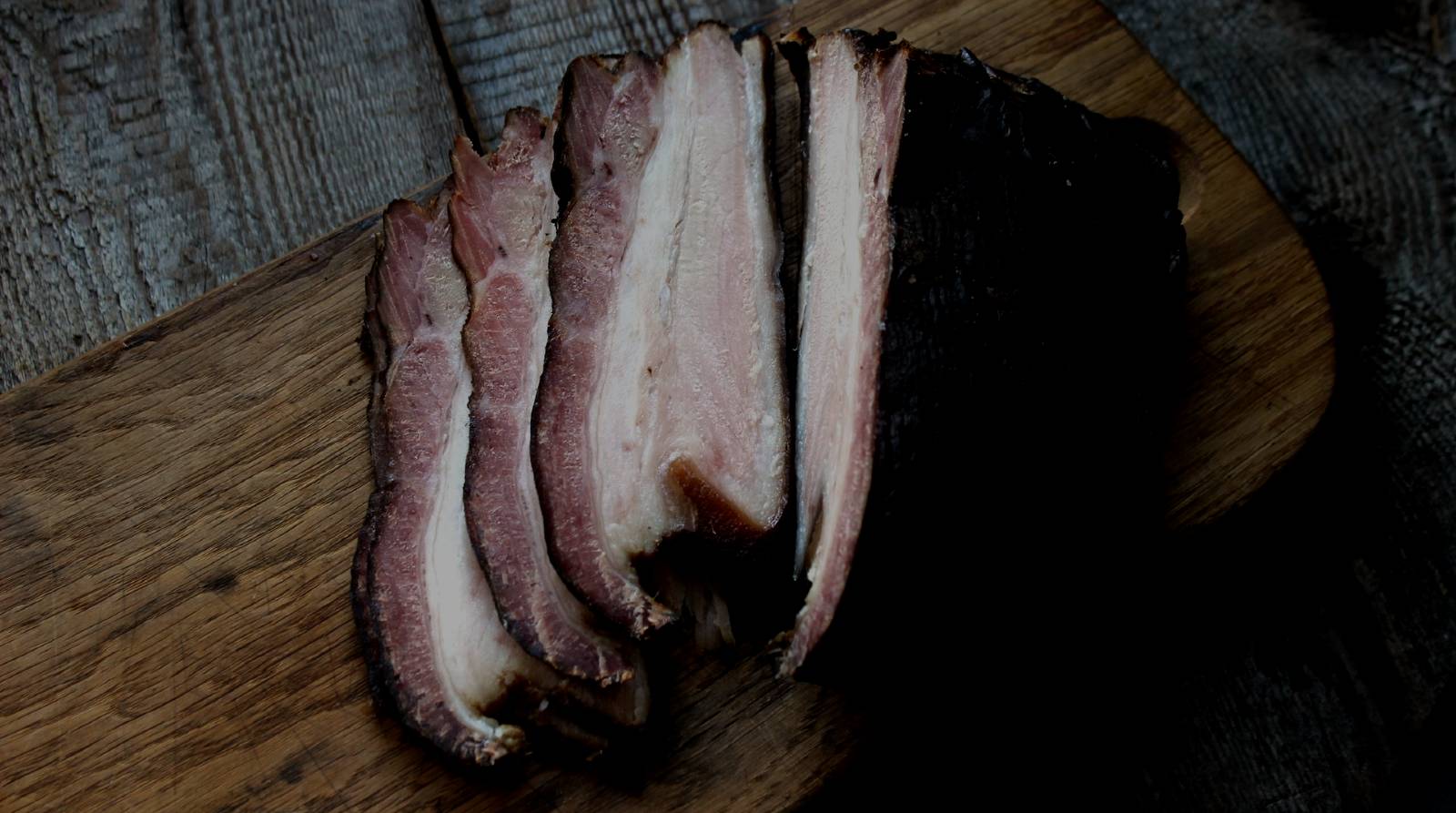When it comes to survival preparedness, one of the most important things to consider is the quality and variety of food that you have on hand. While many people focus on storing grains, beans, and other non-perishable food items, it’s important to remember that having a variety of high-quality meats can be just as essential in an emergency situation.
In this article, we’ll take a closer look at the different types of meats that are ideal for survival preparedness, as well as some tips for storing and preparing them.
Why Meat is Important in Survival Preparedness
Meat is an important source of protein, which is essential for maintaining a healthy body and mind. It also provides a variety of other important nutrients, such as iron, zinc, and vitamin B12. In an emergency situation, having a sufficient supply of protein can be crucial for maintaining your strength and energy levels.
Additionally, meat can also be a valuable source of fat, which is important for maintaining healthy brain function and providing energy for your body. In a survival situation, having a reliable source of fat can help you to stay warm and maintain your energy levels.
Types of Meats for Survival Preparedness
 When it comes to survival preparedness, it’s important to choose meats that are high in protein and nutrient-dense. Some of the best options include:
When it comes to survival preparedness, it’s important to choose meats that are high in protein and nutrient-dense. Some of the best options include:
- Beef: Beef is a great source of protein and iron, and is also a good source of zinc and vitamin B12. Check out these beef dices.
- Pork: Pork is another excellent source of protein, and is also a good source of iron and zinc.
- Poultry: Poultry, such as chicken and turkey, is a great source of protein and is also a good source of iron and zinc.
- Fish: Fish is a great source of protein and is also a good source of omega-3 fatty acids, which are important for maintaining healthy brain function.
For more info on protein for food storage click here. When selecting meats for survival preparedness, it’s also important to consider the fat content. Meats that are high in fat, such as bacon and sausage, can be a good source of energy in an emergency situation. However, they should be consumed in moderation as they have high calories content.
Storing Meats for Survival Preparedness
When it comes to storing meats for survival preparedness, there are a few different options.
- Canning: Canning is a great way to preserve meats for long-term storage. It’s important to use a pressure canner to ensure that the meat is properly sealed and sterilized.
- Freezing: Freezing is another great option for preserving meats for long-term storage. It’s important to properly wrap the meat to protect it from freezer burn.
- Dehydrating: Dehydrating is a great option for preserving meats that take up less space than other preservation methods. It’s important to properly dehydrate the meats to ensure that they are safe to eat.
Preparing Meats for Survival Preparedness
When it comes to preparing meats for survival preparedness, there are a few different options.
- Cooking: Cooking meats is the most common method of preparation. It’s important to cook meats to a safe internal temperature to ensure that they are safe to eat.
- Smoking: Smoking meats is a great way to add flavor and preserve the meat for long-term storage.
- Jerky: Jerky is a great option for preserving meats that take up less space than other preservation methods. It’s important to properly dehydrate the meats to ensure that they are safe to eat.
Regardless of the method of preservation or preparation, it’s important to have a variety of meats on hand for survival preparedness. This will ensure that you have a source of protein and other essential nutrients, as well as a source of fat for energy. Additionally, having a variety of meats will provide you with different flavor options and can help to prevent boredom in an emergency situation.
When it comes to storing and preparing meats for survival preparedness, it’s important to do your research and choose methods that are safe and effective. Consult with a professional or follow guidelines from reliable sources to ensure that your meats are properly preserved and safe to eat.
In summary, having high-quality meats as part of your survival preparedness plan is crucial for maintaining a healthy body and mind during an emergency situation. It’s important to choose nutrient-dense meats, such as beef, pork, poultry and fish, and to properly store and prepare them for long-term storage. Additionally, it’s important to have a variety of meats on hand for flavor and nutrition options.


